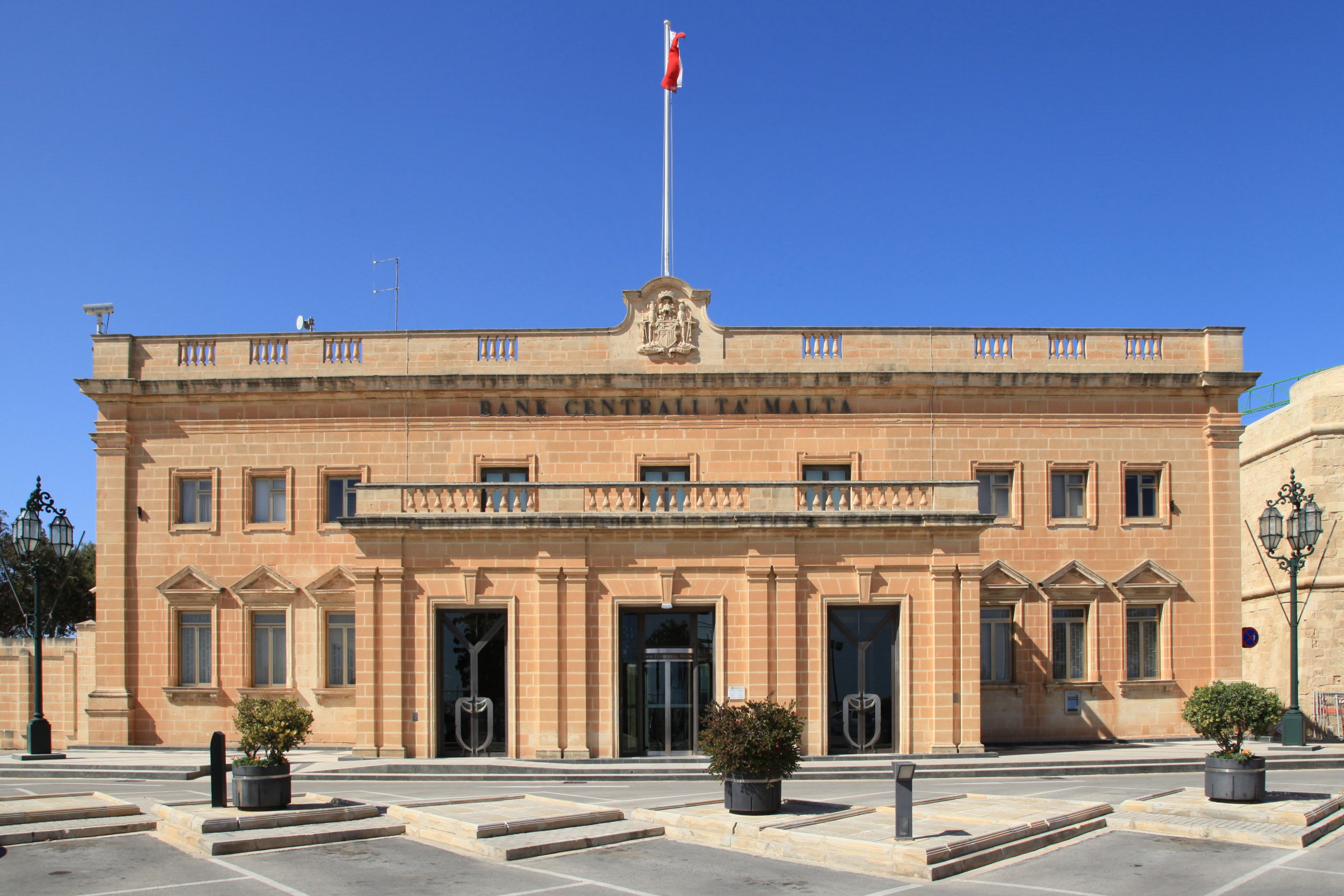Economic sentiment in Malta in January registered a slight improvement over the previous month as confidence in the services and construction sectors and among consumers increased, although this was counterbalanced by a decrease in confidence expressed by retailers.
The findings come from the European Commission’s Economic Sentiment indicator, reported in the Central Bank of Malta’s (CBM) Economic Update released on Monday.
The Economic Sentiment indicator showed that confidence rose within the services sector and, to a more limited extent, in the construction sector and among consumers.
On balance, confidence was broadly unchanged in industry, while it deteriorated considerably among retailers. Although recent developments differed across sectors, sentiment was negative in all of them.
The Central Bank’s Business Conditions Index for January remained unchanged when compared with the previous month, remaining well below its level in the same month of 2020. This continues to signal low levels of activity, which reflect the weak economic environment triggered by the COVID-19 pandemic.
In December, industrial production contracted at a faster pace compared with the previous month. By contrast, the volume of retail trade expanded in annual terms for the first time since February.
The number of commercial permits registered a smaller decline when compared with November, but residential permits fell at a faster pace.
The number of registered unemployed decreased compared with November, while the unemployment rate remained unchanged from a month earlier.
Inflation remained very low in December, with the annual inflation rate based on the Harmonised Index of Consumer Prices and that based on the Retail Price Index both standing at 0.2 per cent.
Meanwhile, the Bank’s estimate of the COVID-19 government response index – which is a composite indicator that summarises various containment, economic and health-related measures introduced in response to the pandemic – stood at 64.0 at the end of January 2021. This was higher than 61.3 at the end of December, but below 69.7 in the euro area.
The Update also reports on recourse to the moratorium on loan repayments offered by domestic credit institutions to residents of Malta in response to COVID-19. The value of household and corporate loans subject to a moratorium at the end of December edged down further, to €748.7 million, equivalent to 6.4 per cent of related outstanding loans, as some businesses and households resumed their loan repayments, thus signalling a recovery in income flows.
By the end of 2020, 537 facilities for working capital purposes had been granted under the Malta Development Bank COVID-19 Guarantee Scheme to businesses impacted by the pandemic, corresponding to total sanctioned amounts of €408.1 million, equivalent to more than half of the scheme’s target size.
Most of the data reported in this issue of the Economic Update refer to December 2020 and reflect the extension of restrictive measures on bars and social clubs amid a resurgence of COVID-19 cases. The latest data for the European Commission’s Economic Sentiment Indicator, the COVID-19 Government Response Index and the Central Bank of Malta’s Business Conditions Index refer to January 2021.
Two years since its birth, Moneybase features on Microsoft’s Customer Stories
Moneybase has now just been featured on Microsoft’s latest Customer Stories
Finance Minister confirms continuity of food and energy subsidies
Spending on food and energy subsidies as a percentage of the GDP will be at 0.7% in 2025
MHRA congratulates Glenn Micallef on EU role, highlights positive impact on Malta’s tourism and cultural sectors
The lobby group emphasised that Malta’s cultural assets and sports scene are key factors in attracting visitors and fostering economic ...






